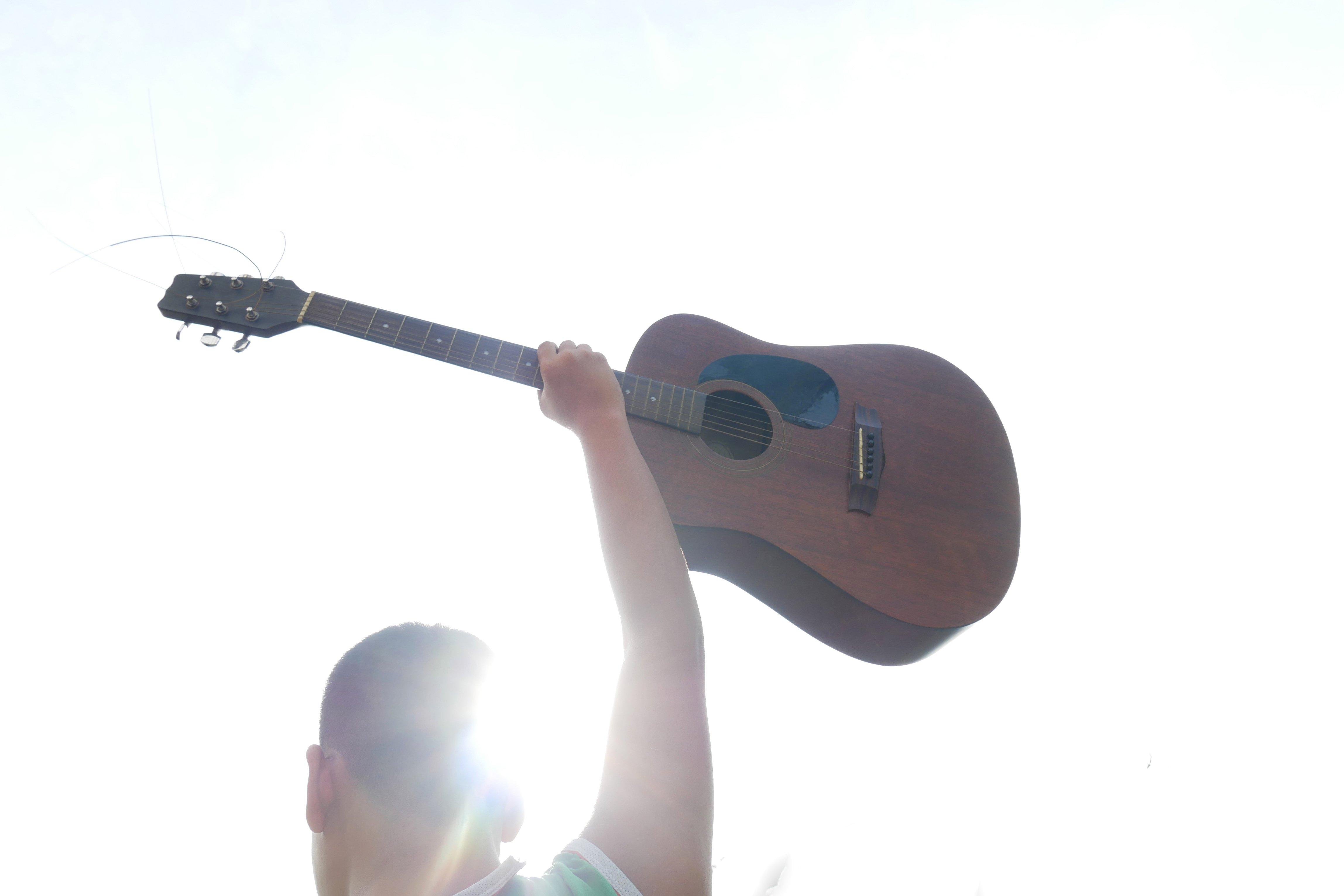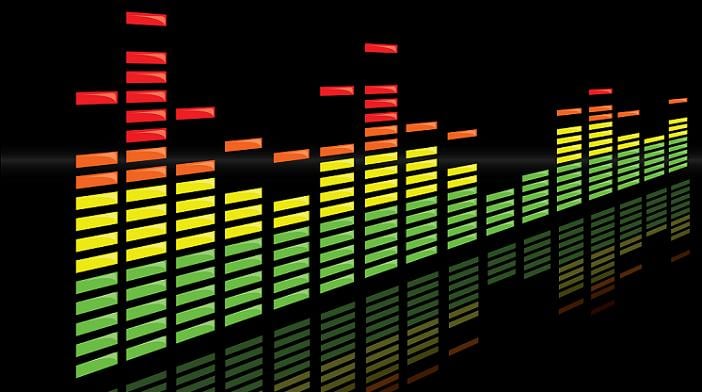 Image via Shutterstock
Image via Shutterstock
With record sales sliding and streaming payments still not quite adding up to a reasonable living for many artists, it often falls to touring to pay the bills. Sadly, though, even that doesn’t always work out. Performing live can be one of the most reliable ways to pad your bank account, but if you’re just starting out, you won’t be grabbing large advances and selling out shows (yet).
You need to work your way up to that level of success, and sometimes, that might mean playing for free, even though that means forgoing a portion of your primary source of income. It can be a hard realization, but the good news is that there are a few instances when standing onstage and entertaining a crowd for free can be worth it. Here are four of them.
1. An industry function
When it comes to clearing a path and advancing in the music industry, talent and persistence are certainly important, but making connections and meeting the right people are also necessary components. It might suck that being in the right place at the right time and networking are major factors in musical success, but that’s just the truth.
[The Dos and Don'ts of Music Industry Networking]
One of the best ways to meet people in the industry who might be able to help you grow as an artist and potentially even make some much-needed cash is to attend industry-only events. Sometimes it can be difficult to get your foot in the door and receive an invite, but as an artist, you can always offer to play a party.
These stagings can be a great way to earn a solid paycheck, but if you’re smart and willing to put in the work, you might be able to take on twice as many opportunities, some of which won’t pay but will certainly have other benefits.
You might not receive payment for every party or event, but if the right A&R person, songwriter, label head, producer, or booking person is present, you might impress them and turn a, "Hello" into a future gig or a solid relationship.
2. A prominent festival offering exposure
Festivals should almost always pay you for your musical services, and for the most part, if any of them offer you a slot without a dollar sign attached to the contract, it’s best to walk away. Having said that, I know that a lot of musicians just getting started read this site, and the rules can be different when you have little-to-no experience.
Sure, it’s a bummer you won’t be paid for your talents in the beginning, but think of performing for free at small shows and festivals like an unpaid internship — crappy, but necessary and sometimes the best way to get a real job.
Playing a festival for free is good for you if you have never played one before, because once you have, you can add that to your list of accomplishments as a musician. The fact that you’ve been featured on the bill of a festival may make you a more attractive option for future bookers at other events, or maybe a year or two later, you’ll earn another time slot, and at that point, you can ask for a paycheck.
Festivals are also a great way to get in front of a larger audience than a typical show, and that’s the number-one goal as an artist with a small (or potentially non-existent) fanbase.
3. Performing alongside a band you love and respect
The chances you'll run into this scenario early on in your career, or in this manner, is unlikely, but it’s worth mentioning here. When you’re still a baby band or a brand-new solo star in the making, you’ll be playing a lot of shows with friends or other acts you might not know at all. Some will be good, some will be terrible, but you won’t always have a say when it comes to who plays before or after you on the bill.
If, by some stroke of luck, a much more popular act has room for an opener and you can manage an invite, you should absolutely do it! If you warm the crowd up well, the band, who already has a big following, might have you back, and the more you can perform for full rooms, the better chances you have of people becoming true fans and potentially buying some merch.
[How to Score an Opening Act or Support Slot and Expand Your Audience]
Also, you can tack this onto your list of accomplishments (which I mentioned above). Other bookers, industry folks, and journalists will be interested to see you received the stamp of approval from a group they already know well.
You should be able to secure some sort of payment, even if it’s a small one, but if not, one or two live shows without a guarantee isn’t the end of the world.
4. Press and media events
Getting journalists interested in you and your music is always a struggle, and even the biggest names have a difficult time finding people to write about them. It’s nearly impossible as an artist who doesn’t yet have a hit or critical acclaim to score those precious press opportunities, so go out of your way and put in extra effort to catch writers' eyes... er, ears.
Offer to come to a magazine’s office and play a short set, or reach out to YouTube channels and blogs that feature up-and-coming acts performing in unusual settings. There are a lot of ways the media can help expose people to your music if you’re willing to play for free, and most of them are worth the limited investment you’ll have to make.
Hugh McIntyre is a freelance pop music journalist in NYC by way of Boston. He has written for Billboard, The Hollywood Reporter, and MTV, as well as various magazines and blogs around the world. He is also the founder and editor-in-chief of the blog Pop! Bang! Boom! which is dedicated to the genre of pop in all of its glory.







